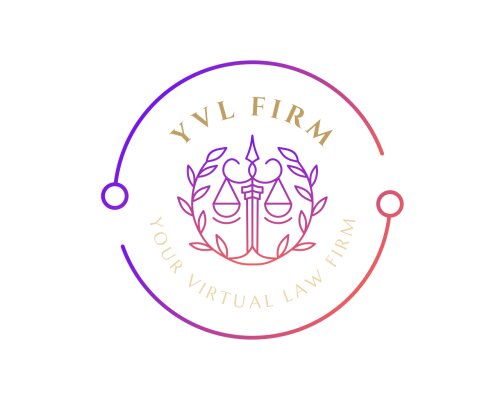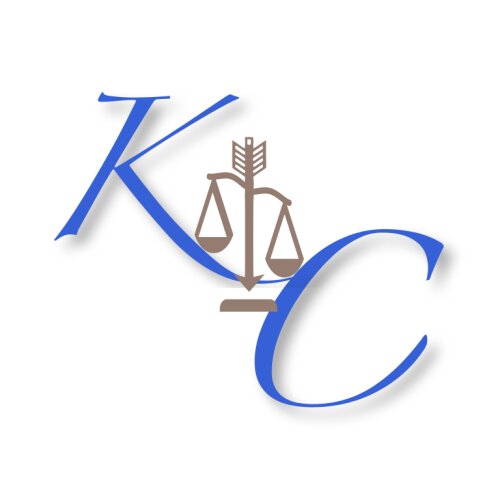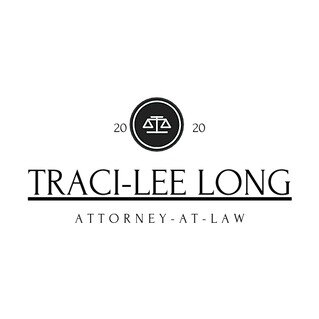Best Trusts Lawyers in Kingston
Share your needs with us, get contacted by law firms.
Free. Takes 2 min.
List of the best lawyers in Kingston, Jamaica
About Trusts Law in Kingston, Jamaica:
Trusts law in Kingston, Jamaica is governed by the Trusts Act of 1897 and subsequent amendments. A trust is a legal arrangement where a trustee holds assets on behalf of beneficiaries. Trusts can serve various purposes, such as asset protection, estate planning, and charitable giving.
Why You May Need a Lawyer:
You may need a lawyer for assistance in setting up a trust, interpreting trust documents, resolving disputes among beneficiaries, managing trust assets, or ensuring compliance with trust laws and regulations in Kingston, Jamaica.
Local Laws Overview:
Key aspects of local laws that are relevant to trusts in Kingston, Jamaica include the requirements for creating a valid trust, the duties and powers of trustees, the rights of beneficiaries, taxation of trusts, and the process for terminating or amending a trust.
Frequently Asked Questions:
1. What is a trust and how does it work?
A trust is a legal arrangement where a trustee holds assets on behalf of beneficiaries. The trustee manages the assets according to the terms of the trust for the benefit of the beneficiaries.
2. How do I create a trust in Kingston, Jamaica?
To create a trust in Kingston, Jamaica, you need to have a written trust deed that clearly outlines the terms and conditions of the trust, including the trustee, beneficiaries, and assets involved.
3. What are the duties of a trustee?
Trustees have a fiduciary duty to act in the best interests of the beneficiaries, to manage trust assets prudently, to avoid conflicts of interest, and to comply with the terms of the trust.
4. Can a trust be challenged in court?
Yes, a trust can be challenged in court if there are allegations of fraud, undue influence, incapacity, or breach of fiduciary duty. It is essential to seek legal advice if you wish to challenge a trust.
5. How are trusts taxed in Kingston, Jamaica?
Trusts in Kingston, Jamaica are subject to income tax on any income earned by the trust. The tax rate and regulations may vary depending on the type of trust and the source of income.
6. How can I change the terms of a trust?
To change the terms of a trust in Kingston, Jamaica, you may need to execute a deed of variation or seek court approval, depending on the specific circumstances and the provisions of the trust deed.
7. Can I serve as a trustee and a beneficiary of the same trust?
Yes, it is possible to serve as a trustee and a beneficiary of the same trust in Kingston, Jamaica. However, it is essential to avoid conflicts of interest and to act in the best interests of all beneficiaries.
8. How can I protect my assets through a trust?
Setting up a trust can help protect your assets from creditors, lawsuits, and other potential risks. A lawyer can advise you on the most effective asset protection strategies through trusts in Kingston, Jamaica.
9. What happens if a trustee breaches their duties?
If a trustee breaches their duties, beneficiaries can take legal action to remove the trustee, recover losses, and seek compensation for any harm caused by the breach of trust.
10. Do I need a lawyer to create a trust?
While it is possible to create a trust without a lawyer, seeking legal advice is highly recommended to ensure the trust deed complies with local laws, adequately protects your interests, and reflects your wishes accurately.
Additional Resources:
If you require further information or assistance with trusts in Kingston, Jamaica, you may contact the Companies Office of Jamaica, the Jamaica Bar Association, or reputable law firms specializing in trusts and estate planning.
Next Steps:
If you need legal assistance with trusts in Kingston, Jamaica, consider consulting a trust and estates lawyer who can provide tailored advice based on your specific situation and help you navigate the complexities of trust law in the country.
Lawzana helps you find the best lawyers and law firms in Kingston through a curated and pre-screened list of qualified legal professionals. Our platform offers rankings and detailed profiles of attorneys and law firms, allowing you to compare based on practice areas, including Trusts, experience, and client feedback.
Each profile includes a description of the firm's areas of practice, client reviews, team members and partners, year of establishment, spoken languages, office locations, contact information, social media presence, and any published articles or resources. Most firms on our platform speak English and are experienced in both local and international legal matters.
Get a quote from top-rated law firms in Kingston, Jamaica — quickly, securely, and without unnecessary hassle.
Disclaimer:
The information provided on this page is for general informational purposes only and does not constitute legal advice. While we strive to ensure the accuracy and relevance of the content, legal information may change over time, and interpretations of the law can vary. You should always consult with a qualified legal professional for advice specific to your situation.
We disclaim all liability for actions taken or not taken based on the content of this page. If you believe any information is incorrect or outdated, please contact us, and we will review and update it where appropriate.















